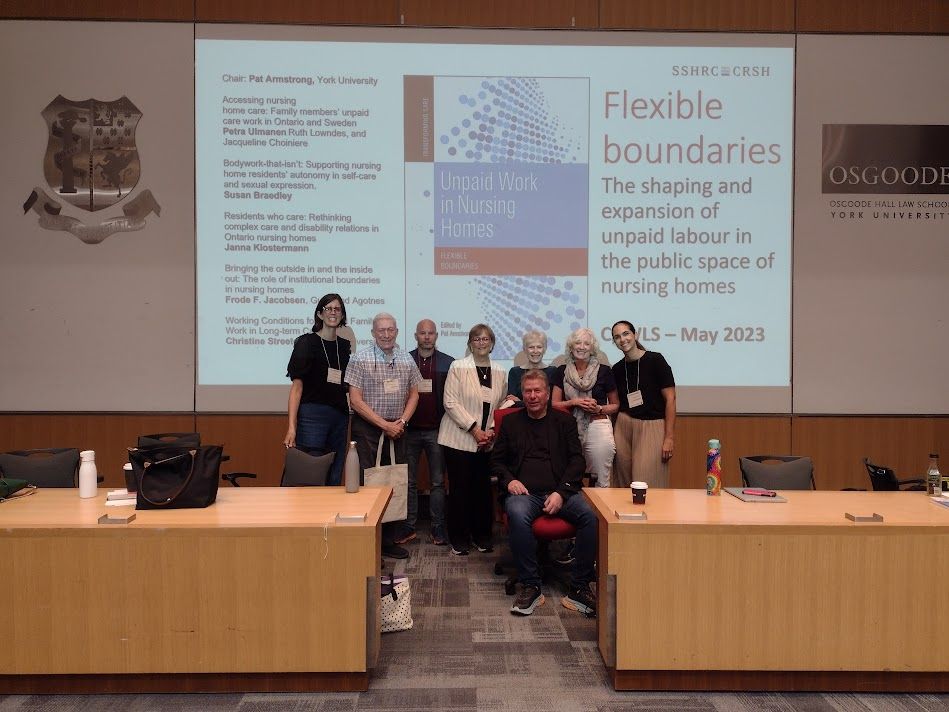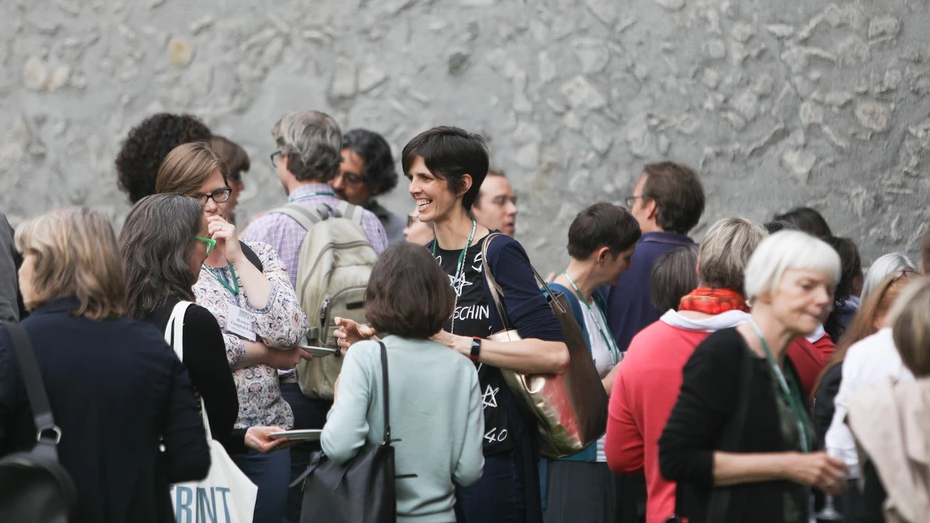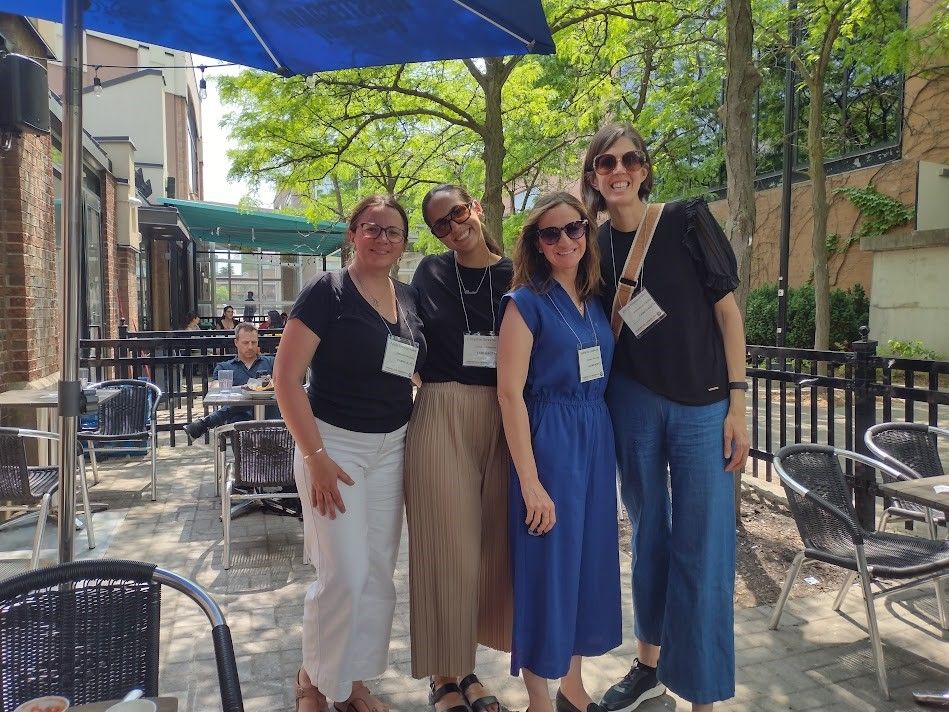research
I am currently conducting research in Alberta’s long-term care sector as part of my SSHRC-funded ‘Learning at the Limits’ study. In partnership with the Alberta Union of Provincial Employees and co-investigators Susan Braedley and Laura Funk, the project aims to rethink dominant gendered and racialized assumptions around care in light of public sector shortages.
I am also currently a co-investigator with the 'Imagining Age-Friendly “Communities within Communities"' research project (PI: Tamara Daly), the 'Strengthening Care Mobilization' project (PI: Laura Funk), and the 'Reimagining Care/Work Policies' project (PI: Andrea Doucet). I have also contributed to the 'Changing Places: Unpaid Work in Nursing Homes' project (PI: Pat Armstrong) and the 'Art of Good Care' project (PI: Katie Aubrecht).
My research interests include work/labour studies, paid and unpaid care work, feminist theory and narrative/arts-based approaches.
if I had to talk about my program of research here is what I'd say:
Across Canada and other post-welfare states, care work is in crisis. Tragedies of inadequate care levels, unmet care needs, and exhausted care workers multiply. Inequities of gender, race, class and immigration status are playing out too. To respond to these pressing issues, my program of research asks, what are the limits to women’s care? What happens when they reach their limits? My research enacts a “counter politics of care” approach – centered on telling, eliciting, and tending to untold or lesser-told stories of care. Through this work, I engage my own and other women’s counter stories—of reaching our limits, crossing ethical lines, and stepping back from paid or unpaid care work roles. I am also currently learning from those currently employed in heavy care work roles, with the goals of considering how they are coping with current conditions in Canada’s care economy, and how they variously rethink what it means to ‘care’ or be a caring person. “What can we learn at the limits of care?” is a question I ask in my research. I weave approaches from the arts, humanities and interpretive sociology to reveal dimensions of social organization (from the impacts of privatization and profit-making, to the restructuring and efficiencies that shape care work), to rethink and challenge dominant tropes, assumptions or expectations around care, and to open possibilities for more equitable, emancipatory futures.


